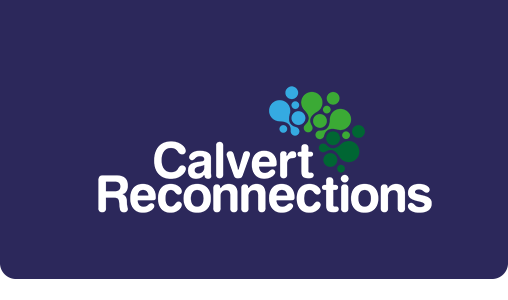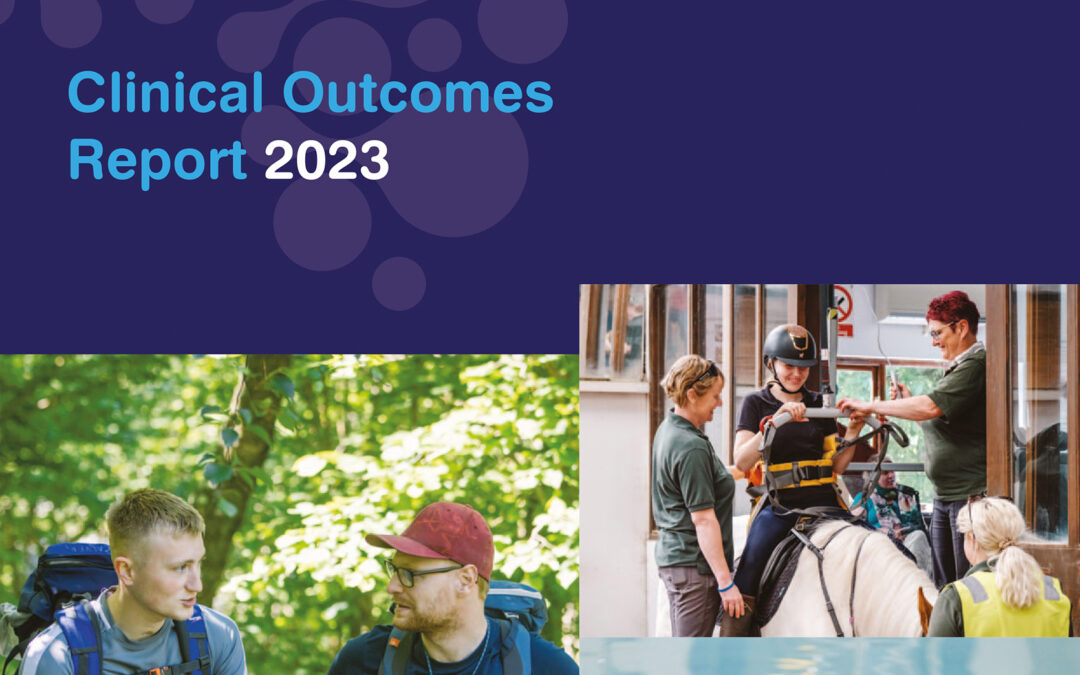Groundbreaking neuro-rehabilitation centre Calvert Reconnections has released its annual Clinical Outcomes Review.
Highlights from the last 12 months include:
- 80% of participants who identified independent living as a goal went on to achieve it.
- The majority of participants (65%) progressed on to paid employment, vocational training, volunteering or community activity.
- 100% of participants who completed the Individual Recovery Outcomes Counter (IROC) at admission and discharge, reported a maintained or improved hope for the future. The IROC is a way to measure recovery.
- 70% of participants who completed the IROC at admission and discharge reported an improved sense of purpose and direction in their life.
In other highlights, the average length of stay for participants was 14 weeks, while the centre saw a 150% increase in occupancy compared to 2022. In terms of resources, the Reconnections team more than doubled in size from 16 to 35 members of staff. New appointments included a Speech and Language Therapist and a Positive Behaviour Specialist.
Commenting on Reconnections’ progress, Head of Service, Claire Appleton said: “Over the last 12 months, Calvert Reconnections has firmly established itself as an integral part of the ABI rehab community, welcoming more participants than ever before and achieving a wide-range of outstanding outcomes.
“As a service, we are constantly striving to expand the horizons of what’s possible with ABI rehabilitation.
“We are very aware that people with ABI can sometimes find the set procedures of neuro-rehabilitation too clinical, inflexible and impersonal. At Reconnections, our unique approach combines cognitive and physical rehabilitation with vocational and outdoor activities delivered within a unique non-clinical environment. We support people to become the best they can be through an outstanding team including Neuro Occupational Therapists, Neuro Physiotherapists, Neuro Speech and Language Therapists, Neuro Psychologists, Clinical Psychologists, Positive Behaviour Support Practitioners and Rehabilitation Coaches.”
Another highlight during 2023 was Reconnections achieving a Good rating in its first CQC inspection. The CQC report praised the service for being “consistently managed and well-led”. It said Reconnections promotes “high-quality, person-centred care” and is “open, inclusive and empowering”, adding that people are “supported to have maximum choice and control of their lives” in order to “gain independence”.
Added Claire Appleton: “We have welcomed participants of all ages to our goal-focused rehab programme over the last 12 months. Being part of the positive changes to their lives has been a privilege and the feedback from family and professionals involved has been inspirational. We are proud of the life-changing outcomes they have achieved.”
Emphasising Claire’s point, a 21-year-old man who suffered a horrific brain injury in a road traffic accident says Reconnections groundbreaking new approach to rehabilitation has transformed his life.
Nick, from Birmingham, was a pillion passenger on a motorcycle when it was struck by a speeding car in December 2017.
Nick was in a coma for 11 days and spent 2 months in Birmingham Children’s Hospital. On 2 occasions his parents were told that he wouldn’t survive his injuries.
“I was thrown 60 yards through the air and nearly died as a result of my injuries,” explained Nick.
“After being discharged from hospital, I couldn’t control my behaviour. I was on the wrong path, full of resentment, anxiety, depression and anger. I didn’t feel like my life was worth living. I hit out at those closest to me. I was in physical and mental turmoil.”
In May 2023, Nick began a nine-month programme of residential brain injury rehabilitation at Calvert Reconnections in Keswick.
Continued Nick: “Going into a clinical, hospital style environment wouldn’t have worked for me. I would have hated every single minute.
“At Reconnections, my rehab plan involved activities such as fell walking and canoeing. It didn’t actually feel like rehab, but my body started to respond, both mentally and physically. I’ve achieved things I simply didn’t think possible – and I’ve seen others do the same.”
After six months, Nick was able to move from the main centre into one of Calvert’s independent living flats where he has focused on a range of daily living skills. He is now set to move into his own home later this year.
“I feel like my life is worth living again,” he added. “I was in a mess when I arrived at Reconnections. I’d almost given up. After everything I’ve been through, being able to live independently again feels like a miracle. The doctors saved my life but it’s my stay at Reconnections that’s made my life worth living. There’s something very special about their new approach to brain injury rehab.”
To make a referral to Calvert Reconnections please visit the referrals section of our website.

